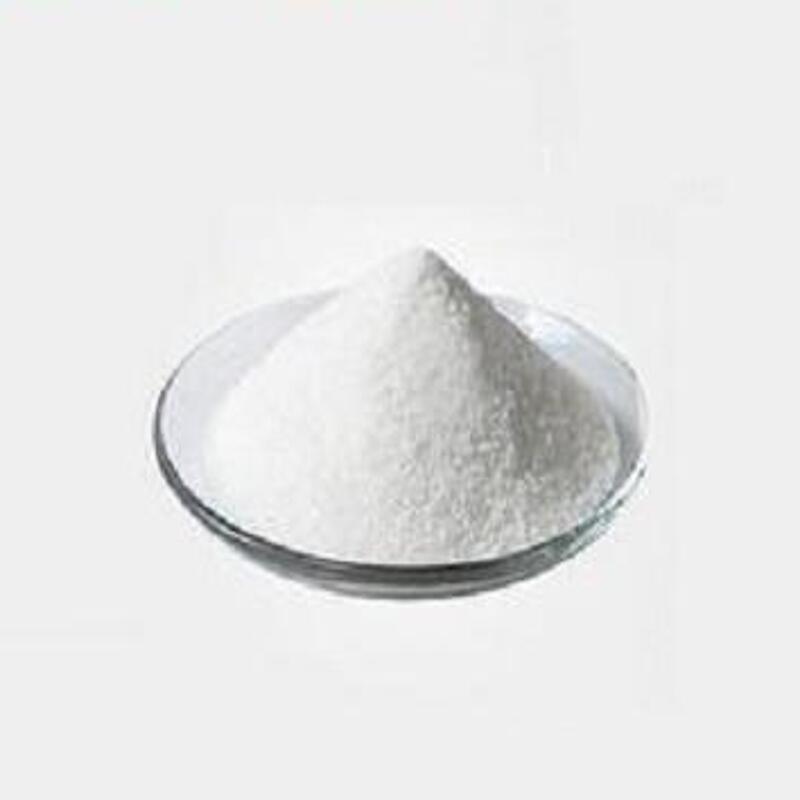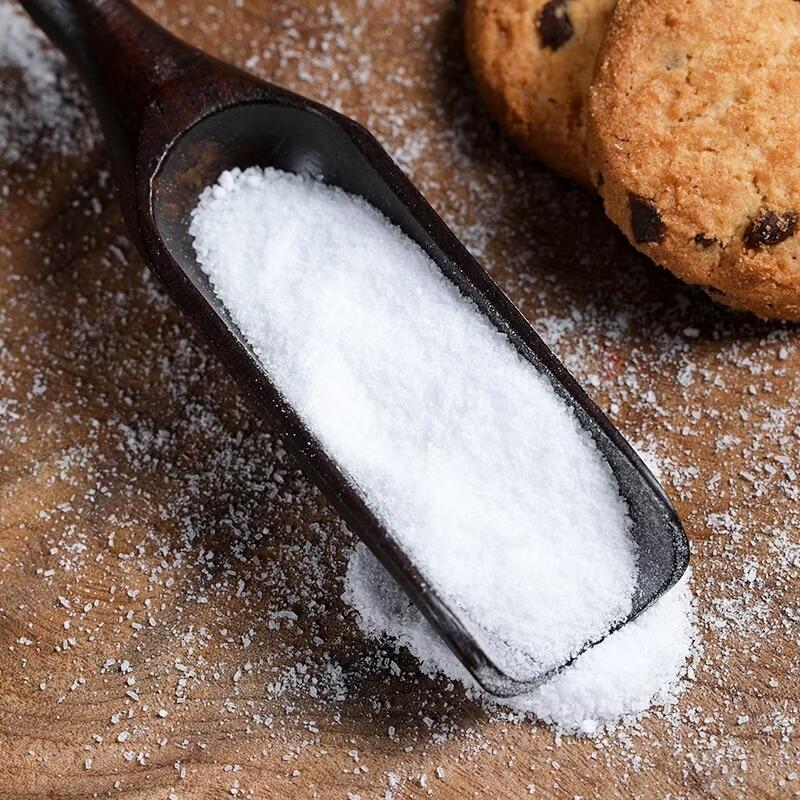-
Categories
-
Pharmaceutical Intermediates
-
Active Pharmaceutical Ingredients
-
Food Additives
- Industrial Coatings
- Agrochemicals
- Dyes and Pigments
- Surfactant
- Flavors and Fragrances
- Chemical Reagents
- Catalyst and Auxiliary
- Natural Products
- Inorganic Chemistry
-
Organic Chemistry
-
Biochemical Engineering
- Analytical Chemistry
-
Cosmetic Ingredient
- Water Treatment Chemical
-
Pharmaceutical Intermediates
Promotion
ECHEMI Mall
Wholesale
Weekly Price
Exhibition
News
-
Trade Service
Food Partners ReutersAccording to foreign media sources, the German Federal foodmate.
net/tag_475.
html" class="zdbq" title="Risk assessment related food information" target="_blank">Risk Assessment Institute (BfR) when heated to high temperatures for foodmate.
net/tag_1550.
html" class="zdbq" title="Sucralose related food information" target="_blank">sucralose expressed concern about its stability and can lead to health risks.
net/tag_475.
html" class="zdbq" title="Risk assessment related food information" target="_blank">Risk Assessment Institute (BfR) when heated to high temperatures for foodmate.
net/tag_1550.
html" class="zdbq" title="Sucralose related food information" target="_blank">sucralose expressed concern about its stability and can lead to health risks.
Sucralose is a zero-calorie artificial foodmate.
net/tag_1848.
html" class="zdbq" title="Sweetener-related food information" target="_blank">sweetener .
Its sweetness is 600-800 times that of sucrose.
It is the sweetener closest to the taste and flavor of sucrose.
Since 2004, it has been approved by the European Union as a food additive E955, which can be used in sweet drinks, condiments, chewing gum and baked goods.
net/tag_1848.
html" class="zdbq" title="Sweetener-related food information" target="_blank">sweetener .
Its sweetness is 600-800 times that of sucrose.
It is the sweetener closest to the taste and flavor of sucrose.
Since 2004, it has been approved by the European Union as a food additive E955, which can be used in sweet drinks, condiments, chewing gum and baked goods.
The German Federal Institute for Risk Assessment has studied the stability of sucralose and its possibility of forming potentially harmful chlorinated compounds at high temperatures.
According to the research results of the German Federal Institute for Risk Assessment, when sucralose is heated to 120°C to 150°C (in industrial production and food processing, and when consumers cook and bake at home) sweeteners will decompose And dechlorination.
This can lead to the formation of chlorinated organic compounds with potential health risks, such as polychlorinated dibenzo-p-dioxins (PCDD), dibenzofurans (PCDF) and chloropropanol.
According to the research results of the German Federal Institute for Risk Assessment, when sucralose is heated to 120°C to 150°C (in industrial production and food processing, and when consumers cook and bake at home) sweeteners will decompose And dechlorination.
This can lead to the formation of chlorinated organic compounds with potential health risks, such as polychlorinated dibenzo-p-dioxins (PCDD), dibenzofurans (PCDF) and chloropropanol.
However, there is currently insufficient data to draw a final conclusion.
On the one hand, it is not clear which toxic reaction products will be produced and how much they are formed.
In addition, conducting an exposure assessment within the scope of the risk assessment requires representative data on the level of the food so manufactured.
On the one hand, it is not clear which toxic reaction products will be produced and how much they are formed.
In addition, conducting an exposure assessment within the scope of the risk assessment requires representative data on the level of the food so manufactured.
The European Food Safety Agency (EFSA) is currently reassessing the processing of sucralose in the context of authorized food additives.
The results of the evaluation have not yet been determined.
Before obtaining a conclusive risk assessment, the German Federal Institute for Risk Assessment advises consumers and food manufacturers not to heat food containing sucralose at high temperatures.
The results of the evaluation have not yet been determined.
Before obtaining a conclusive risk assessment, the German Federal Institute for Risk Assessment advises consumers and food manufacturers not to heat food containing sucralose at high temperatures.
This article is edited by the Food Information Center of FoodPartner.
com for the reference of netizens.
Welcome to reprint.
Please indicate the source for reprinting! If you have any questions, please contact news@foodmate.
net.
com for the reference of netizens.
Welcome to reprint.
Please indicate the source for reprinting! If you have any questions, please contact news@foodmate.
net.







